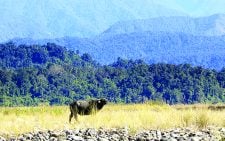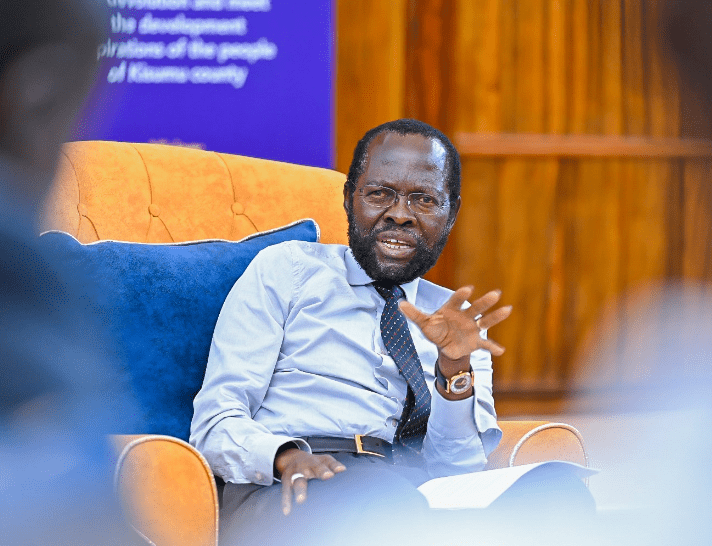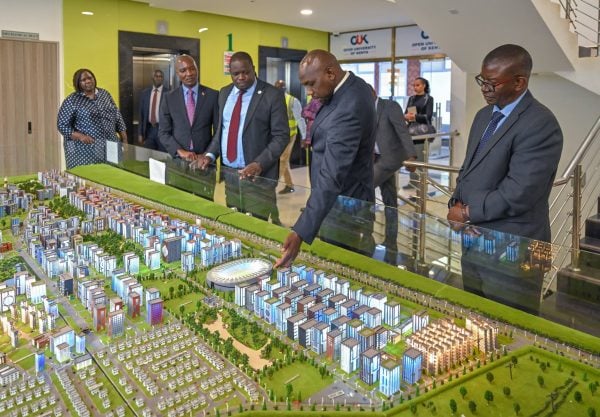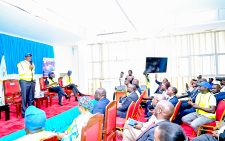COP29: Africa must lead in global climate agenda
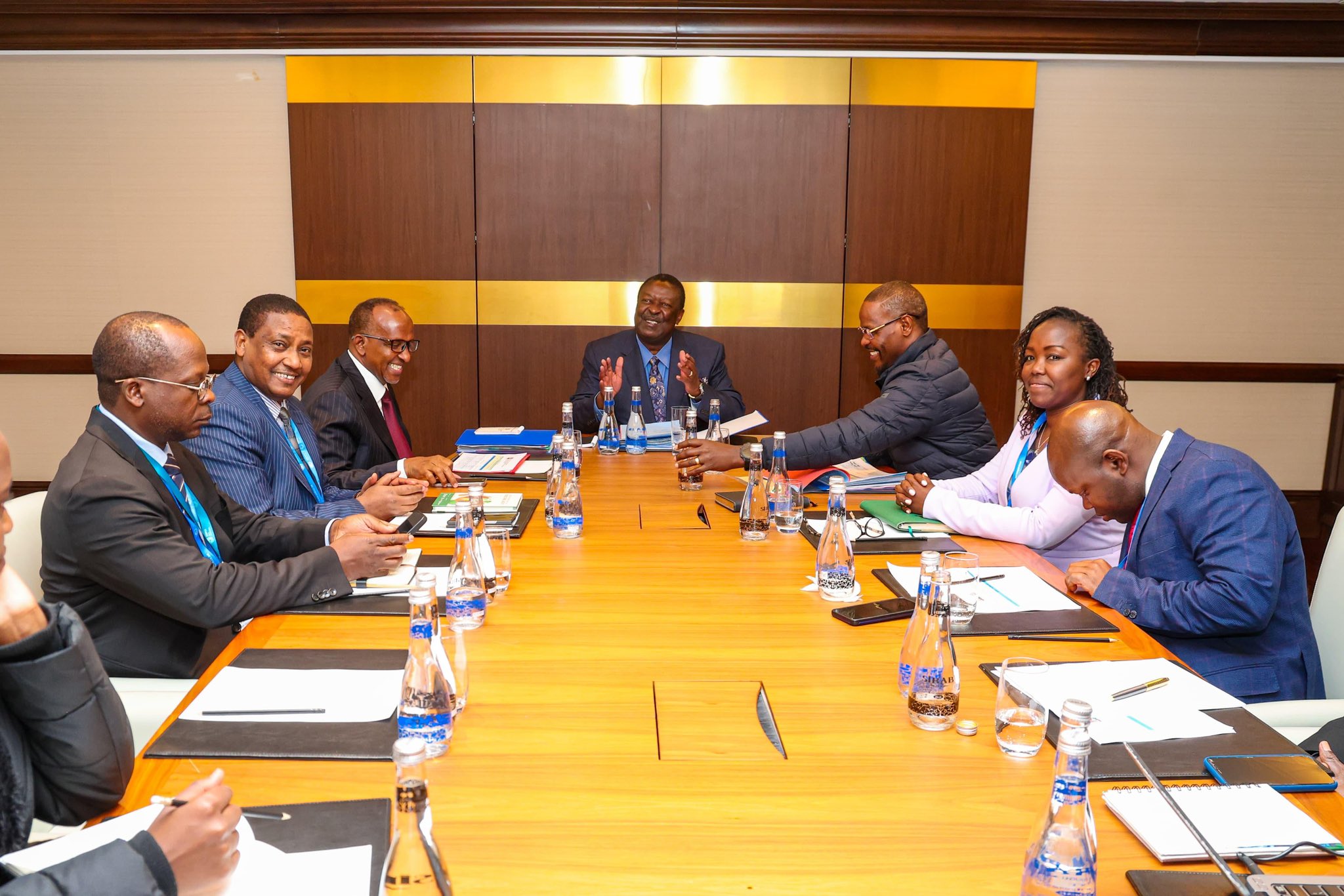
At the annual Conference of Parties (COP) climate change talks, often seen as the cornerstone of global climate action, delegates from more developed countries seem to be sitting pretty at the table but very little impact is being felt.
While COP29’s intent is to seek agreement on the cost of weaning the world off fossil fuels and how to split the funds for these efforts, Baku seems to be faltering under the weight of unmet promises and sluggish bureaucracy.
While COP27 in Sharm El Sheikh made headlines with the creation of a “loss and damage” fund to help vulnerable nations, its implementation remains unclear.
While the call is to seek ways to fund low-income countries like Kenya, member states have yet to decide how the fund will be financed, governed, or accessed, leaving developing nations stranded as climate impacts worsen.
For Africa, this moment is pivotal. The continent, disproportionately affected by climate change despite contributing only four per cent of global emissions, cannot afford to remain a passive observer. With its abundant natural resources, diverse ecosystems, and firsthand experience of the crisis, Africa must step up as a leader in the global climate agenda.
Climate change is already hitting millions of Africans hard. Droughts, floods, and other extreme weather events are disrupting food systems, displacing communities, and deepening poverty.
Yet Africa’s voice often gets overshadowed by wealthier nations with greater influence and financial clout. This must change. Africa must assert itself, not just by demanding accountability from industrialised nations but by actively shaping the solutions.
Wealthier countries’ failure to deliver the promised $100 billion in annual climate finance highlights the persistent inequity in global climate efforts. Africa should continue to push for reparations, but the continent must also look inward.
Structural challenges such as weak infrastructure, limited renewable energy investments, and policy gaps hinder progress in most parts of Africa and low-income countries. Governments need to prioritise climate-resilient development, enact policies to attract sustainable investments and scale up the use of green technologies.
Meanwhile, COP29 in Baku has also signalled flaws in the process itself. While COP is vital, it has become bogged down in inefficiency, with limited results despite decades of talks. Prolonged negotiations and political distractions have left leaders and climate experts frustrated.
Global temperatures continue to rise, and the most vulnerable countries bear the heaviest burden, and that is why calls from leaders like Barbados’ Mia Mottley to reform COP are urgent.
The “loss and damage” fund illustrates the current system’s limitations. While its creation is a milestone, the lack of clear rules and benchmarks threatens its impact. Member states must urgently define its operation to ensure it delivers real support to those in need.
Reforming COP doesn’t mean abandoning it. The summit remains a crucial space for global dialogue on an existential threat. But it must evolve into a results-driven mechanism focused on accountability, transparency, and tangible action. Leaders need to honour their commitments, and civil society must hold them accountable.
Transitioning to renewable energy and phasing out fossil fuels are essential for survival. COP must promote investment in clean energy, facilitate technology transfers, and ensure no nation is left behind in the shift to sustainability.
The stakes are higher than ever before, with the window to limit global warming to 1.5°C rapidly closing. Every fraction of a degree beyond this threshold amplifies the risk of catastrophic consequences, from food shortages to extreme weather, which are already wrecking havoc in most parts of the world.
This is the reason the time for endless debates is over. COP must transform into a platform that delivers outcomes at the speed and scale demanded by the climate crisis the universe is currently facing. Failure to do so risks not only Africa’s future but that of the entire planet. The call to action is clear: lead or perish. Let us all wake up and smell the coffee.
— The writer is People Daily’s Business Editor

